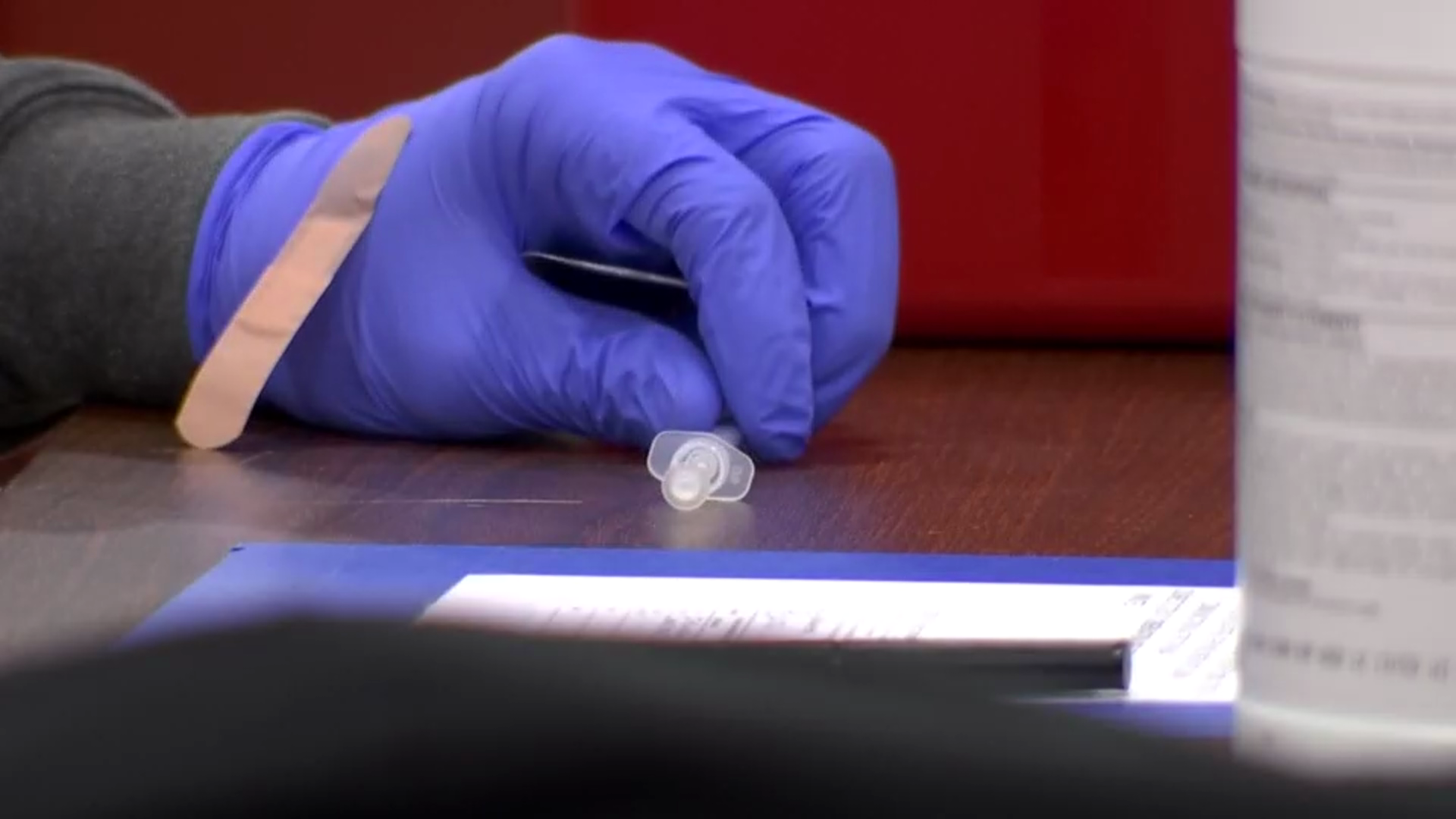In the first few months following Alyssa Bergamini’s COVID diagnosis, she suffered from anosmia, meaning she couldn't taste or smell a thing.
Now the condition has transformed into parosmia, meaning her sense of smell is distorted, a reality for thousands of people suffering from some of the lingering, lesser-known side effects of the coronavirus.
And the smell, Bergamini said, is unpleasant.
"It could be like spoiled milk," she said. "If you had meat you left out, rotten meat, hot garbage on a hot day."
Referred to as "COVID smell," parosmia is defined when linked to coronavirus as a side effect that results in previous pleasant-smelling things smelling rotten post-COVD diagnosis. It reportedly has impacted thousands, though doctors have seen only a few patients in the Chicago area.
"It has truly impacted my lifestyle," Bergamini said. "I've figured out food that is the most bland, that is OK for me, but there’s not really a good taste. So if I find something I like, I’ll be having that for days."
So far the suggested treatment is "olfactory training," or physical therapy for your senses.
"It’s pretty simple," said Dr. Urjeet Patel, chair of ENT at Stroger Hospital. "You expose yourself to certain strong scents, something like essential oils or aromatherapy or common things like orange, rose or cinnamon, and spend 30 to 45 seconds smelling this and imagining the smell."
Dr. Patel said there is some evidence that olfactory training helps patients regain their smell "thicker or better than without the training," but doctors continue to explore it.
"Loss of sense of smell, it’s distressing," Dr. Patel said. "It’s a loss of quality of life. A lot of things we enjoy come from smell, like our food, as well as perfume or cologne."
Feeling out of the loop? We'll catch you up on the Chicago news you need to know. Sign up for the weekly> Chicago Catch-Up newsletter.
Bergamini said this side effect isn’t just uncomfortable or inconvenient, but can also be dangerous.
"What I find the most disturbing as well, is if there is a fire, I have no idea," she said. "When people walk down the street and someone smokes cigarettes it smells awful, but that is the same smell as coffee."
Dr. Patel concurred with the potentially dangerous effects of parosmia, noting that because patients can't smell smoke, their sense of smell won't help if there is a fire or if something is left burning on the stove.
"Unfortunately, we are seeing a lot of side effects from this virus," the doctor said.



